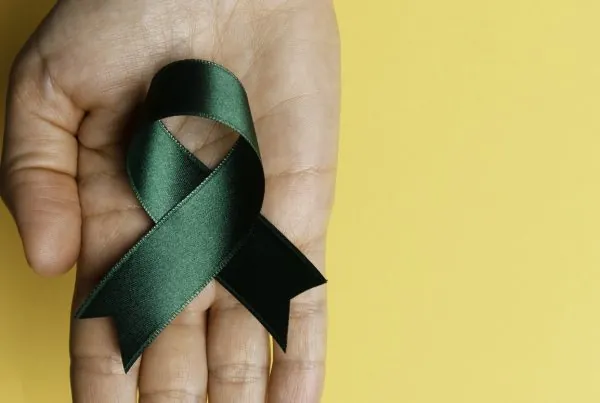There’s an interesting correlation between ADHD and substance abuse, with research  showing children who have ADHD as being more likely to struggle with addiction issues as adults. According to the Journal of Nervous and Mental Disorders, “some studies show a higher rate of ADHD among substance abusers and that people with ADHD may develop substance abuse problems at an earlier age.” The three main characteristics of ADHD are: inattention, hyperactivity, and impulsivity, which can lead to high levels of anxiety, restlessness, and stress. Attempting to manage these symptoms can be overwhelming, particularly if one is symptomatic yet untreated.
showing children who have ADHD as being more likely to struggle with addiction issues as adults. According to the Journal of Nervous and Mental Disorders, “some studies show a higher rate of ADHD among substance abusers and that people with ADHD may develop substance abuse problems at an earlier age.” The three main characteristics of ADHD are: inattention, hyperactivity, and impulsivity, which can lead to high levels of anxiety, restlessness, and stress. Attempting to manage these symptoms can be overwhelming, particularly if one is symptomatic yet untreated.
As researchers and medical professionals dig deeper into addiction issues and ADHD, they are finding proof that lower levels of dopamine is a key factor. Sufferers begin to self-medicate and will often find temporary relief when they smoke marijuana, for example. Why? Well, because THC temporarily triggers the brain to release dopamine and dopamine makes us feel better. The user doesn’t realize the damaging effects THC has to their brain cells and this type of self-medication can set the stage for substance abuse, particularly since the use of drugs and alcohol can provide a sense of calm, even if just for a minute. Also, with an inclination toward impulsivity and risk-taking, ADHD sufferers tend toward perilous behaviors, which can also allude to addiction issues.
It’s important then, as parents, and friends of those suffering from addiction to look at ADHD as a link. Taking a whole-body approach is necessary–one must treat the ADHD component in collusion with the addiction component. Twelve-step meetings or treatment are wonderful tools to combat and cope with one’s addiction and will allow one to better handle the prescription treatment involved with managing ADHD. They have to be undertaken together, however, or one will counteract the other.







